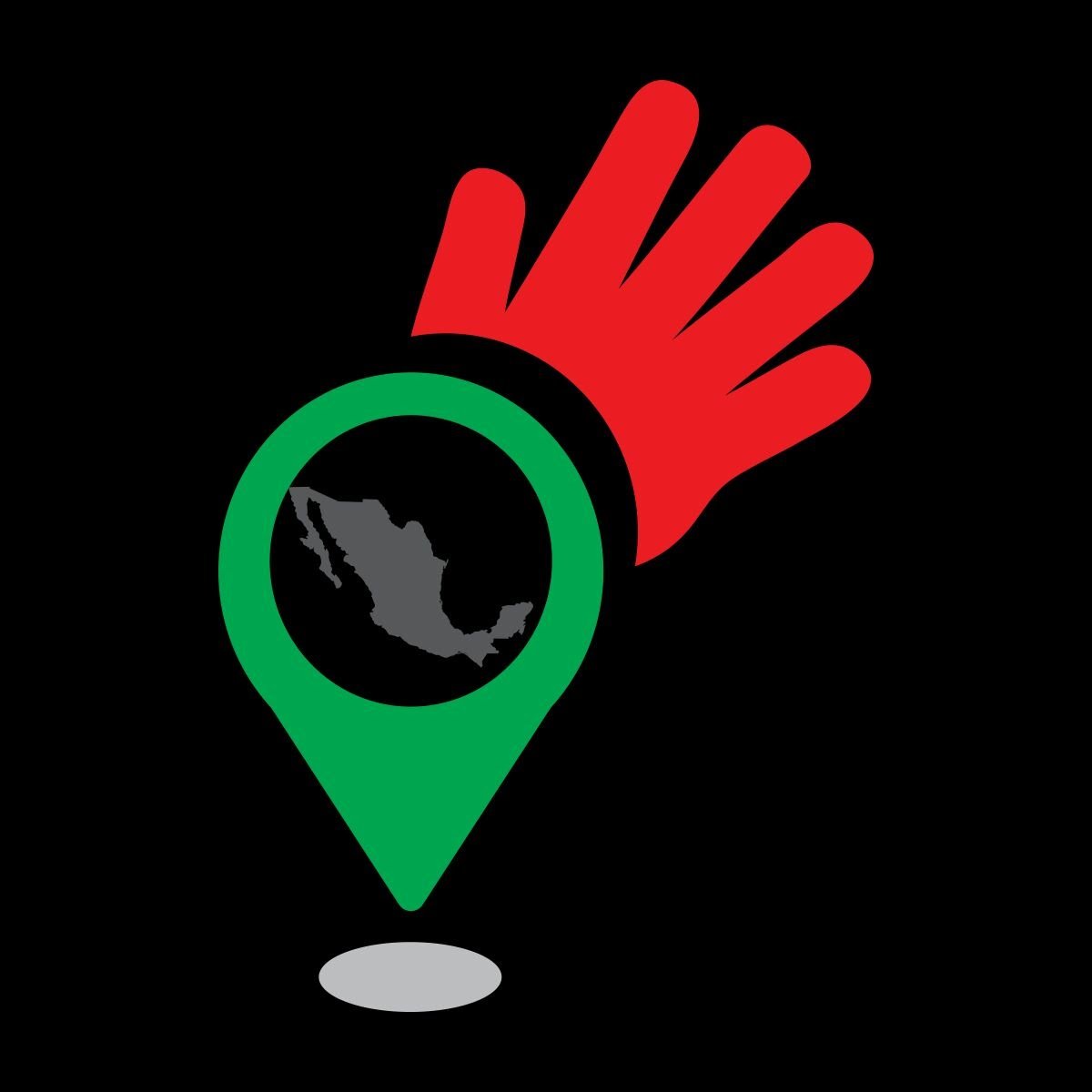Volunteer Inn implements a program of global significance, carried out on a local scale. Volunteers work with Interlocking concerns - those related to global climate change, deforestation, ocean acidification, diminishing biodiversity, environmental degradation, and depletion of fresh water reserves. Each initiative depends on research, remediation and educational efforts carried out on a locality.
In our environmental conservation placements, volunteers will work with prominent institutions and agencies concerned with a unique range of issues in the region. Volunteers work closely with local staff and students. Depending on the local problems, volunteers will work on programs as diverse as reforestation, maintaining nurseries or growing endangered local plantlife for the purpose of reintroducing species into the local ecosystem. Volunteers will collect and analyze organic material, take water samples, monitor local flora and fauna populations, and participate in educational programs aimed at raising consciousness of environmental conservation in the local community.
environmental conservation
-
We use the term “Maya Agriculture” to describe a process of food production encompassing the following principles:
The application of ecology to the design and management of sustainable agroecosystems.
A whole-systems approach to agriculture and food systems development based on traditional knowledge, alternative agriculture, and local food system experiences.
Linking ecology, culture, economics, and society to sustain agricultural production, healthy environments, and viable food and farming communities.
The Maya Agriculture Project provides volunteers with a unique opportunity to work on sustainable farming and reforestation within rural, contemporary Mayan communities. Volunteers should be prepared to work hard, get dirty and be flexible with the tasks they are assigned.
This work is very rewarding and educational, but can be tiring - so volunteers should be in good physical shape. Day-to-day tasks can include maintaining gardens, sowing seeds, producing compost, harvesting and processing produce, building irrigation systems, labeling native plants and trees for educational purposes, building rudimentary structures, and replanting indigenous plant species. Volunteers seeking further interaction within the community may be able to participate in childcare, teaching English, or teaching any other craft in which they have competence. The growers on all placements go out of their way to provide recreational and educational opportunities to the volunteers, including outings to local cenotes (sinkholes), touring local landmarks, and attending local cultural events.
***Please note that this project has a minimum stay requirement of two weeks and a one-time surcharge of $65USD to cover the training and resources in this project.





